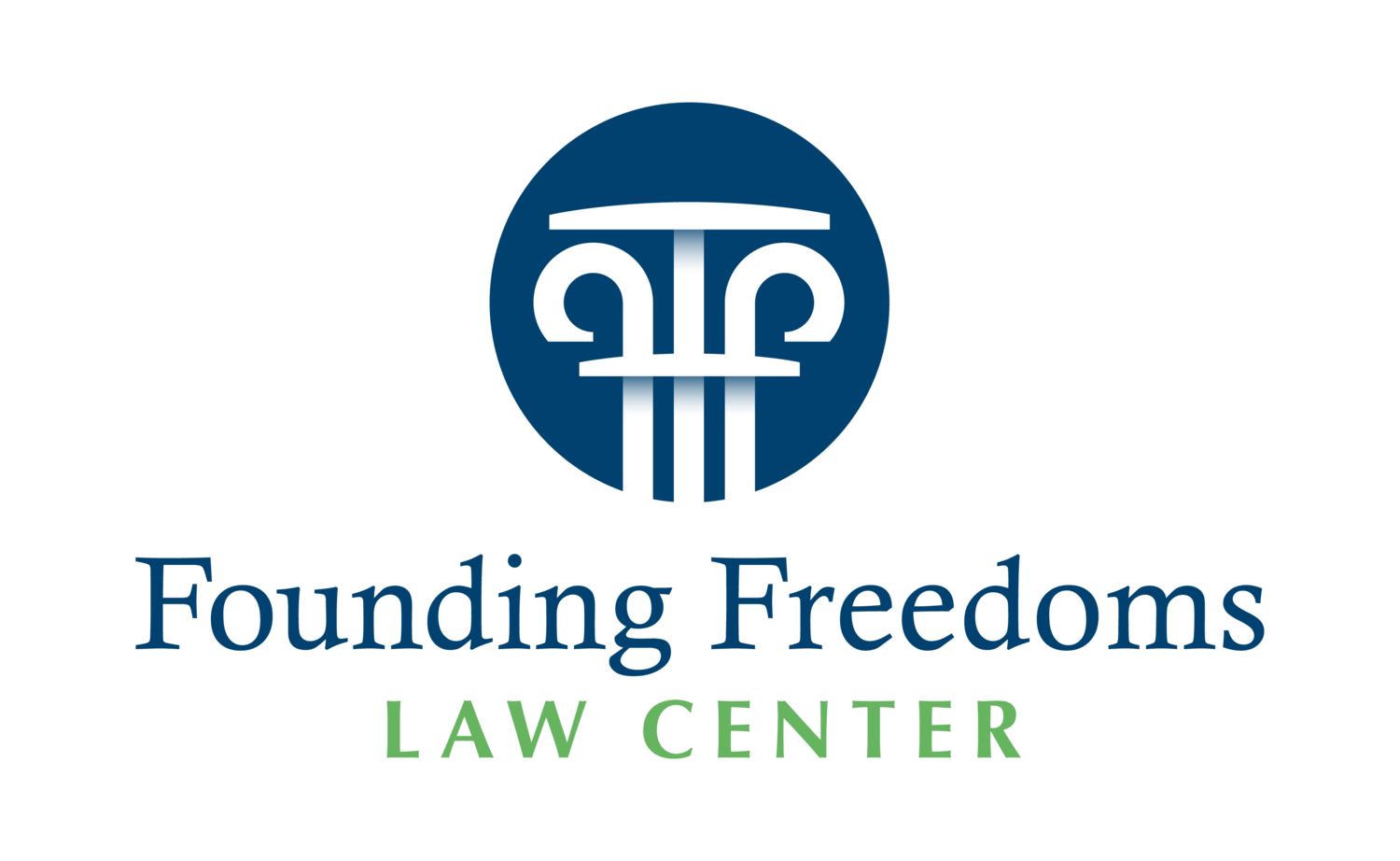SCOTUS Oral Arguments on Donor Disclosure Case
Oral argument this morning was heard by the Supreme Court in the donor disclosure cases in which The Family Foundation joined other organizations in filing an amicus brief. Our brief argued that California’s requirement for the disclosure of major donors of all charities in the state should be considered a violation of the freedom of assembly, which has become a “forgotten freedom” in the Court’s jurisprudence over the last half-decade. Of the 40 or so amicus briefs in support of the charities, the Becket Fund brief on behalf of one of the parties before the Court and our brief took this approach.
While the majority of the argument was spent on issues other than the freedom of assembly issue, Justices Thomas, Gorsuch, Kavanaugh, and Barrett all asked questions about the right of association and/or the right of assembly and whether privacy was an integral part of those rights, as we argued. Justice Kavanaugh in particular was focused on the right of assembly, and the counsel who argued for the charities referred him to the Becket brief, which was then mentioned several times by counsel and justices (our brief was not mentioned, even though we made a lot of the same points as Becket did).
It is well known to be hazardous to prognosticate based on the oral argument, as the justices normally like to hold their cards close to their vests, but it appeared from the tenor of the questioning that the charities have at least six justices who will hold that a constitutional challenge was appropriate. There also appears to be a fair chance that Justice Kavanaugh will author an opinion based on the right of assembly, and we hope that any such opinion would prod the Court to resurrect the constitutional right to freedom of assembly that allows groups to form and disciple its members.
By Rick Claybrook, Jr.
Claybrook LLC
